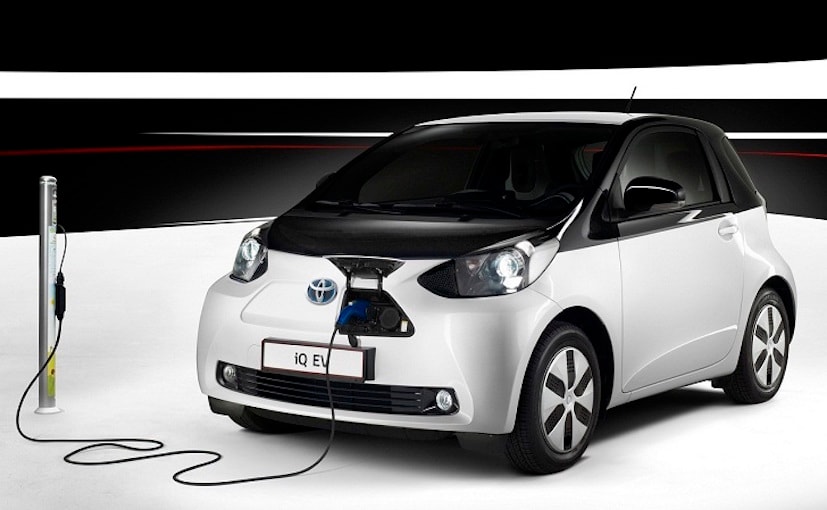World Gears Up For Electric Cars Despite Bumps In Road

Highlights
- Britain has said it would end the sale of petrol and diesel cars by 2040
- India wants to replace all vehicles with electric vehicles by 2030
- Countries are leaning towards battery and electric vehicle technology
"Given the rate of improvement in battery and electric vehicle technology over the last ten years, by 2040 small combustion engines in private cars could well have disappeared without any government intervention," said Alastair Lewis, professor of atmospheric chemistry at the University of York.
"Nonetheless this is highly symbolic since it signals to both the public and to manufacturers that there is no turning back from electrification," he added.

Stefan Bratzel, director of the Center of Automotive Management (CAM), said that last year proved to be a "tipping point", shifting political will into concrete commitments. He highlighted the emissions scandal, where manufacturers of mainly diesel cars were found to have cheated on environmental tests.
Local and national environmental targets and the progress made by China in developing electric cars are also forces propelling the move away from hydrocarbons. But Flavien Neuvy, economist at French automobile anlaysts Observatoire Cetelem, said it would be a "bold bet" to suggest that the roads will be filled with only electric cars by 2040.
"To say that we forbid combustion engines in 2040 assumes that we already know which will be the most efficient technology in 2040," he told AFP.
"It's a bold bet because the combustion engine, from an environmental point of view, may become more favourable, as can be seen with cars that can now travel 100km on 2 litres of fuel".
He also believes that the electric car "will be much more efficient than today", and that an improvement from the current average range of 250-300km to 400-500km would be "enough" to make them viable. "But in reality, there are many other fuels, such as gas, hydrogen, and manufacturers are investing heavily in the self-drive car," he added.

Many countries have express plans to end sale of petrol and diesel cars
Cost is also an issue, with electric cars currently selling for thousands of dollars more than their fossil-fueled counterparts. The fashion for diesel cars in Britain was fuelled by government incentives to reduce carbon emissions, but only worsened NO2 levels on a more local level. A switch to electric cars could also have negative environmental side effects, according to the experts.
Neuvy questioned how the extra electricity would be produced, whether there were enough resources to produce electric batteries, how many charging points would be needed and how the cars would be recycled. Britain currently has around 4,500 public charging points, catering for around 110,000 plug-in cars currently on the streets out of a total of 36.7 million vehicles registered in Britain.
A study last month by IVL, the Swedish Environment Institute, found that production of a large battery currently results in the emission of up to 17.5 tons of carbon dioxide, equivalent to around 700 hours of driving in a standard car. Another stumbling block could be the vast infrastructure costs associated with providing recharge points on public highways, although Britain's plan promises to install charge points at motorway service areas and large fuel retailers.
British car manufacturing lobby group the Society of Motor Manufacturers and Traders (SMMT) also warned that an outright ban "risked undermining the current market for new cars", pointing out that the sector employed 800,000 workers. But for now, the momentum appears to be strong, particularly if oil prices rise again. CAM predicts that new registrations of electric cars in the world will increase by between 2.5 and 6 per cent by 2020. "A big offensive by manufacturers" would then lead to a 40 per cent increase by 2030.
(This story has not been edited by NDTV staff and is auto-generated from a syndicated feed.)
Related Articles
Latest News
- Home
- News
- Auto Industry
- World Gears Up For Electric Cars Despite Bumps In Road














